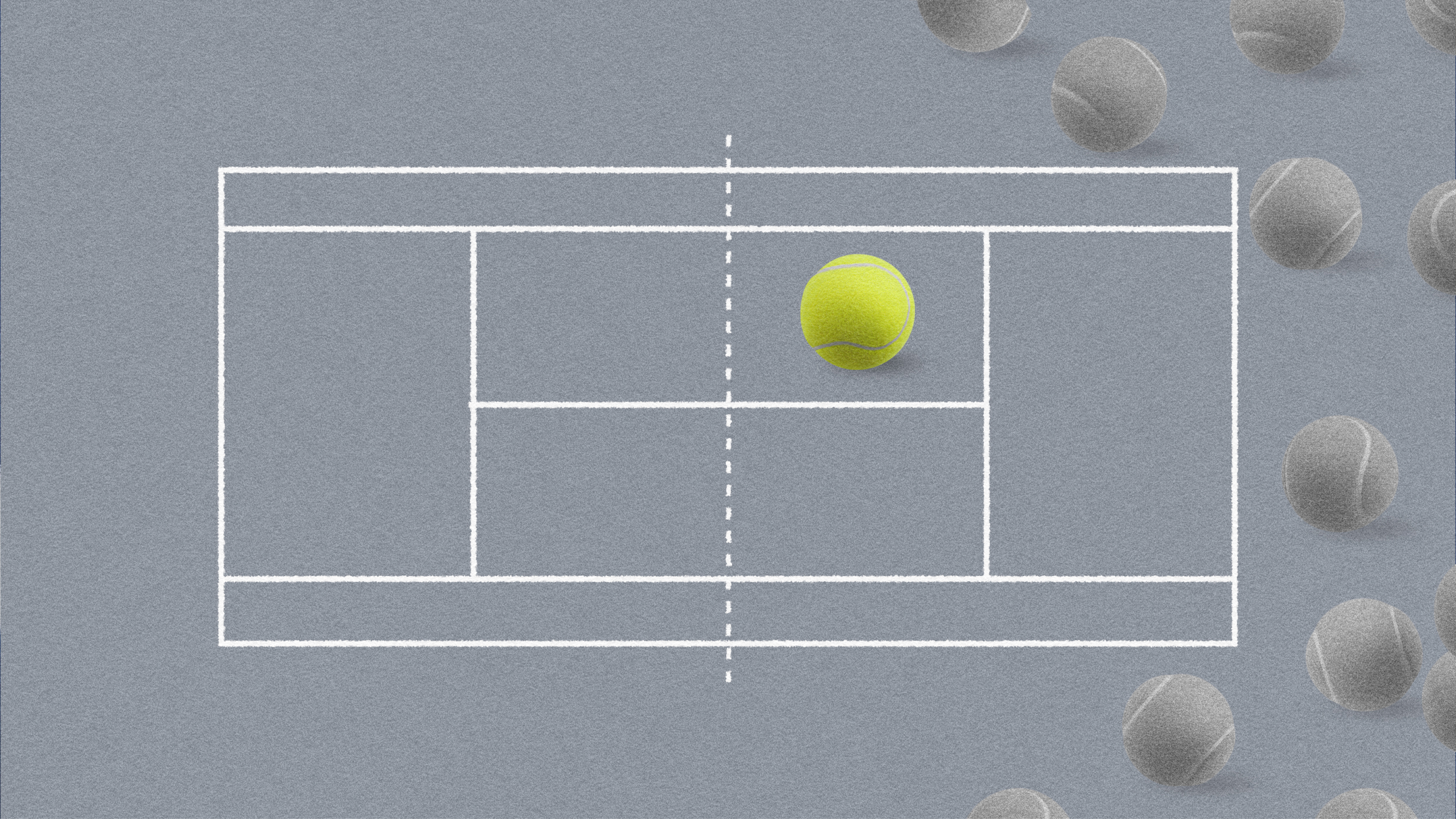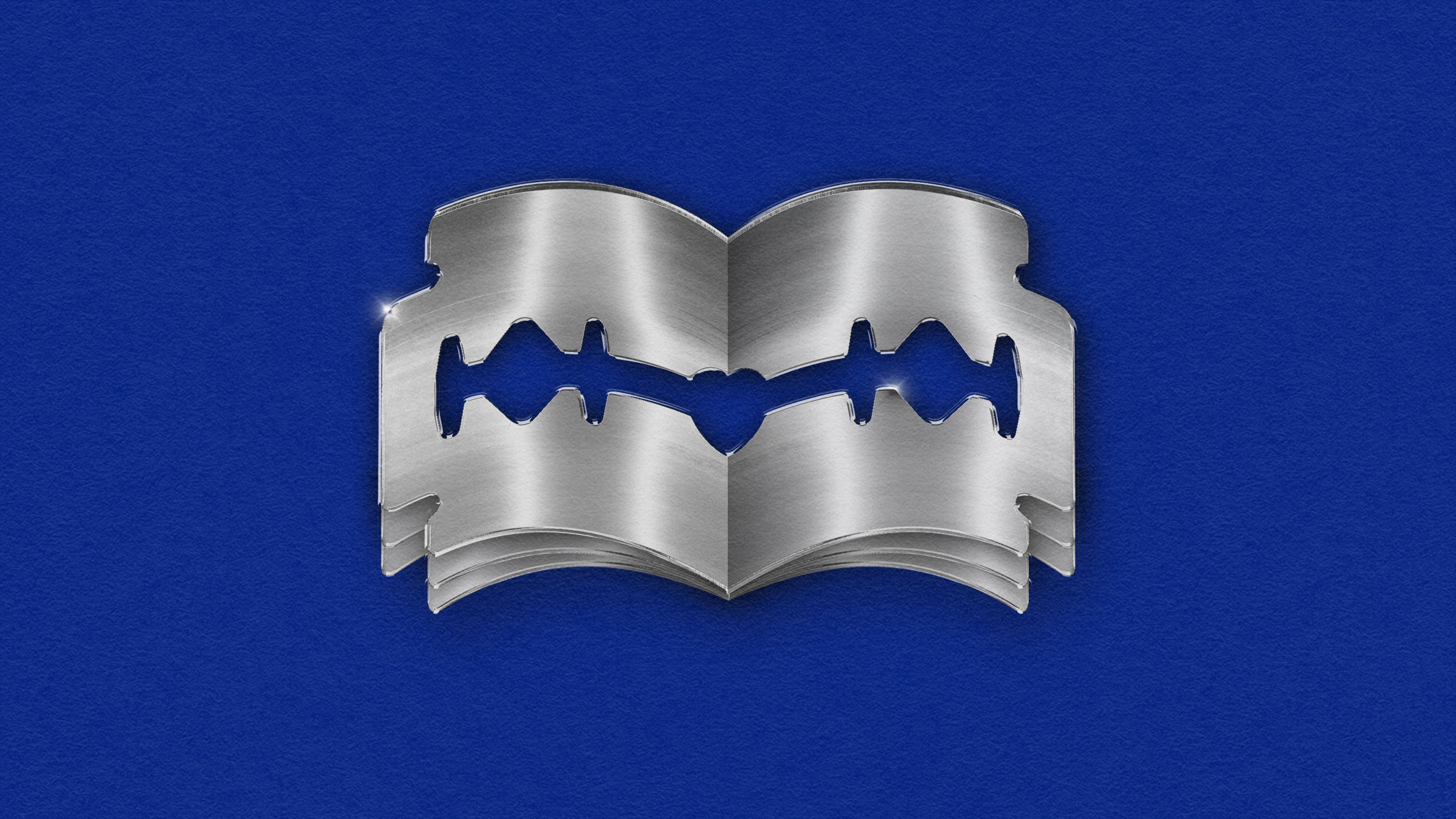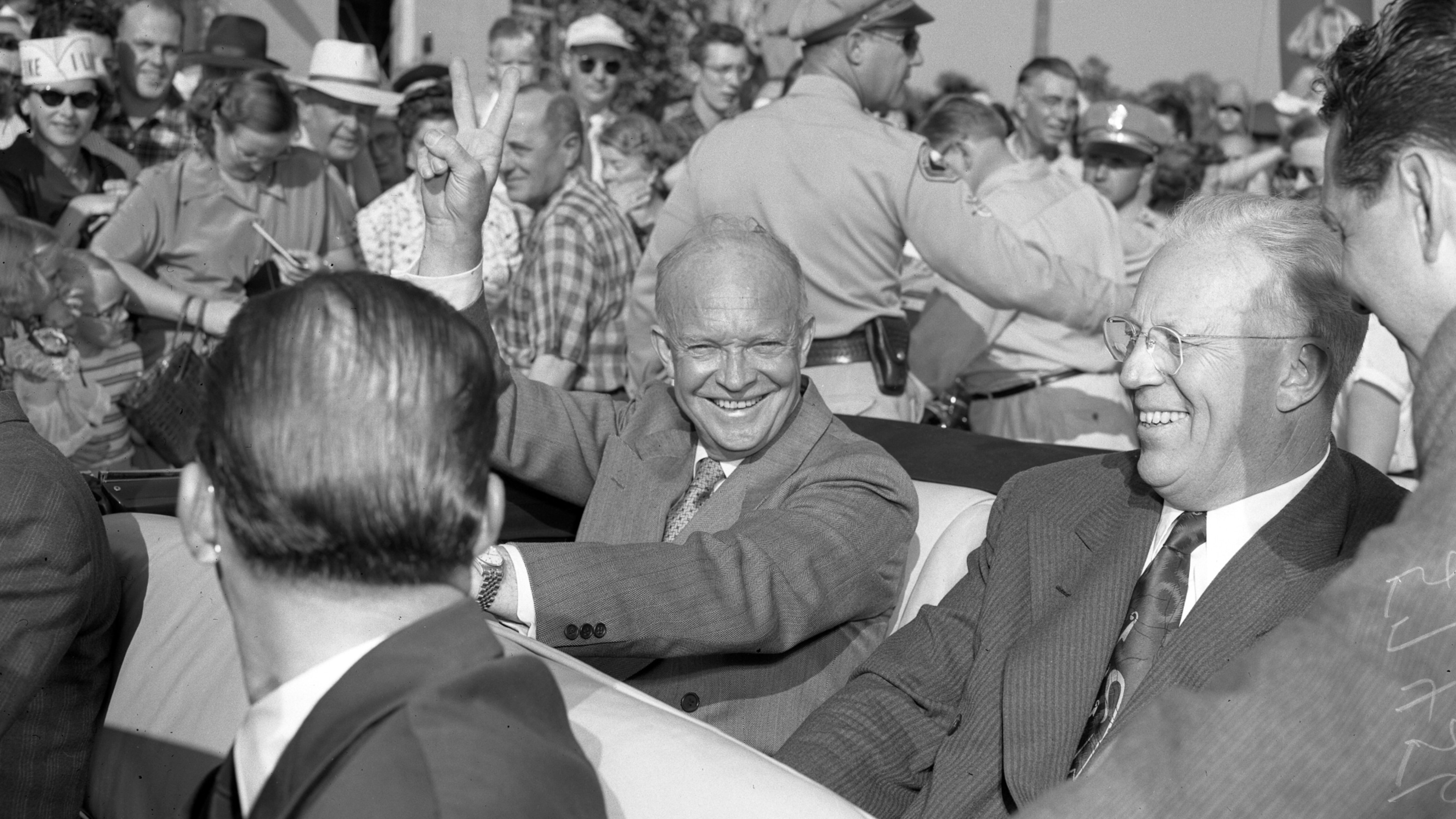How the “two-day rule” can make your daily work-life much easier

Credit: pranee / Adobe Stock
- There’s often a difference between public failure which involves external judgment, and private failure which remains hidden.
- The “two-day rule,” popularized by YouTuber Matt D’Avella, can help keep private failure at bay.
- Here we see how the two-day rule can apply to everyday tasks like responding to emails, maintaining self-care routines, and overcoming setbacks.
There are two kinds of failure. First, there is the very public kind of failure which everyone sees. It involves pointing, jeering, and name-calling. Of course, this never actually happens, but that’s what it feels like. Public failure is when we tell everyone we want something or that we’re trying really hard, and we admit that we fell short. How you respond to public failure tells us a lot about a person. According to Carol Dweck’s “growth mindset” concept, the ability to bounce back from public failures is an essential element in self-development and improvement.
The other kind of failure is the one that happens behind closed doors. It’s the private failure known only to you or a very few trusted intimates. “Oh, I love my job,” you say to your friends, who have absolutely no idea you’ve tried — and failed — to change careers three times. It’s common to have private dreams and secret ambitions, and when those come to naught, no one need know. The disappointment and sadness are yours. There is no shame in private failure.
Both public and private failures bring their own problems and their own kinds of pain. But private failure is unique in that it often depends on your own, unseen reserves of resilience and fortitude. It is a kind of test between yourself and yourself, with yourself as the judge. And so, it’s easy to cheat. It’s easy to give up and claim it as a win.
About five years ago, the YouTuber and documentary maker Matt D’Avella shared a simple trick to help us in our moments of private endurance. It’s a trick that can keep us from failing altogether. It’s known as the “two-day rule.”
Okay, time’s up, back to it
The two-day rule is about habit formation. Habits are formed when we do an action repeatedly enough that it becomes second nature. The idea is to consciously do a thing so much that you eventually start to do it unconsciously. The joy of a habit is that it takes away the energy and the stress even of having to behave a certain way. As the author and podcaster Gretchen Rubin told Big Think, “the key thing about a habit is that you’re not making a decision. You’re not deciding whether to brush your teeth. You’re not deciding whether to use a seatbelt. You’re not deciding whether to go to the gym first thing in the morning. You’ve already decided, and the advantage of a habit is that once something’s on automatic pilot, then the brain doesn’t have to use any energy, or willpower to make a decision.”

So, if we want to avoid failure in the first place — if we want to bypass the need to “avoid temptation” — we have to turn an action into the unthinking, automatic act of a well-intentioned zombie. And to do this, we have to do something repeatedly. This is where the two-day rule comes into play.
The two-day rule states that you should never let two days pass without acting towards your goal. If you miss going to the gym today, make sure you go tomorrow. If you didn’t read any of your book today, make sure you do so the next.
The two-day rule is so successful because it accepts that humans will occasionally fall short. We will have those everyday moments of private failure when we can’t be bothered or our willpower stays in bed. It’s also about balance. There are very few things in life we “should” do all of the time or every day. A rest day or a cheat day is important. But the two-day rule is brilliant because it doesn’t let you off the hook. It says, “Okay, time’s up, back to it,” and “Okay, you failed, now try again.”
If you want to make positive changes in your life, never go more than a day without making that change.
Glimmers and emails
That’s all well and good, but what can we use the “two-day rule” for in our daily and working lives? Well, here are a few starter ideas.
I’ll get back to you. The classic example of “don’t go more than a day” is with replying to emails. Okay, not all emails. I appreciate that some jobs and some people get hundreds of emails a day. But important emails from important people and about important things need attention. Never leave them more than two days. Try to reply straight away. Try to reply that day. But if you fail in that, make sure you get back to it the next day. There’s a reason why many companies say, “We aim to get back to you within 48 hours” — anything more than that feels insulting or lazy. Automate your reminders or put a mark in your calendar. Do whatever you can to make sure you never go two days ignoring someone.
A glimmer at home. A few years ago, a new word popped up in the self-care and wellbeing arena: “a glimmer.” A glimmer is a small, everyday moment of calm, happiness, appreciation, or connection. It’s that moment when you just smile and recognise the beauty or joy of a moment. You can have glimmers at work, but they’re more often associated with home. You have a glimmer with friends at the pub or your family on the sofa. You have it at birthdays and when you’re watching that season finale. Work can go through intense and all-consuming patches. There are moments when it’s all hands on deck – “we’ve got to get this done by Friday.” But don’t go more than two days without a glimmer. It’s important for your mental health and it’s important to keep sight of the good stuff.
Dealing with failure. Over on Big Think+, Gretchen Rubin makes an important point. Rubin points out there is a difficult issue at the heart of the two-day rule. Yes, we have to forgive ourselves and shake off our failures, but we also have to recommit and determinedly get back on the wagon. There’s a middle line to walk between determination and self-compassion. “There’s sort of a paradox of habit formation,” Rubin says. “On the one hand, you want to remind yourself that one slip-up is no big deal, and that’s absolutely true. But it’s also true that, when you’re trying to form a habit, consistency matters, especially at the beginning. So, you want to tell yourself, “I really, really, really don’t want to slip up, but, if I do slip up, it’s not a big deal.’” Check out her talks for some golden tips on how to apply habits to the workplace.





